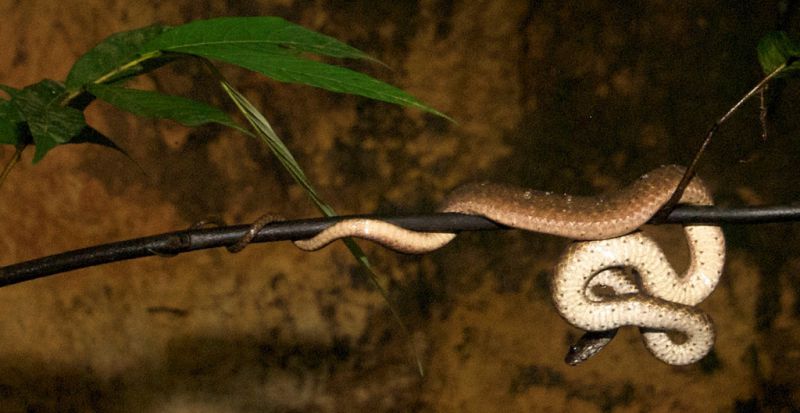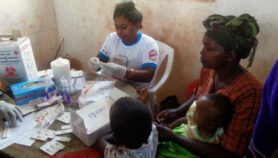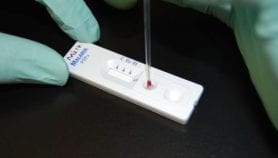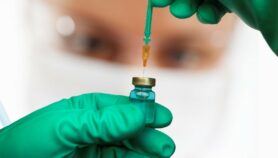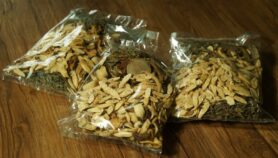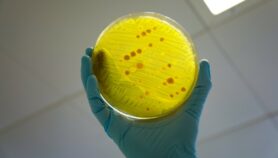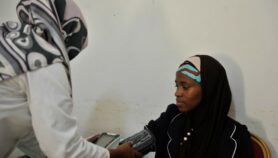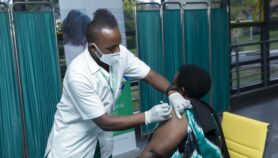By: Michael Allen
Send to a friend
The details you provide on this page will not be used to send unsolicited email, and will not be sold to a 3rd party. See privacy policy.
One of the most effective treatments for snakebite could run out in June 2016, putting the lives of tens of thousands of people in Sub-Saharan Africa at risk, Médecins Sans Frontières (MSF) has warned.
The French pharmaceutical company Sanofi Pasteur stopped producing the antivenom Fav-Afrique last year and the last batch is due to expire in June 2016, the charity says. Currently no firm is working on a replacement.
An estimated five million people are bitten by snakes every year globally, resulting in at least 100,000 deaths and around 300,000 people are left with permanent disabilities, according to the WHO.
“The shortage of antivenoms is a problem that has been reported for 20 years and the reasons for the shortage are complex.”
Jean-Philippe Chippaux, French Institute of Research for Development
“In Sub-Saharan Africa alone, an estimated 30,000 people die per year from snakebite, while an estimated 8,000 people across Africa have amputations each year after being bitten by venomous snakes,” adds a report released by the MSF during the 9th European Conference on Tropical Medicine and International Health in Basel, Switzerland.
The report also notes: “In Sub-Saharan Africa, antivenom treatment can cost up to US$250-500 per victim.”
According to the WHO, snakebites are most common among women, children and agricultural workers in poor rural communities in low- and middle-income countries. However, snakebite envenoming is curable and most serious consequences can be prevented if antivenom is available, according to the health experts.
MSF says it favours Fav-Afrique because it targets most of the medically important snake species in Sub-Saharan Africa such as Echis ocellatus which kills more people in the region than any other snake species.
MSF adds that the treatment is proven safe and effective, and is one of the few antivenoms approved by a stringent regulatory authority — the French National Regulatory Authority.
But Jean-Philippe Chippaux, an expert in snakebites from the French Institute of Research for Development, does not think the lack of Fav-Afrique will have much impact on snakebite management in Sub-Saharan Africa.
“The shortage of antivenoms is a problem that has been reported for 20 years and the reasons for the shortage are complex,” Chippaux adds, noting that they are linked to the high costs of antivenoms and also include the rejection of modern medicine by many patients, a lack of knowledge on snakebite management among health workers and a lack of political willingness from the health authorities.”
Abdulrazaq Habib, an expert in snake envenoming from Bayero University Kano in Nigeria, says many snakebite victims look to traditional remedies because hospitals often use inappropriate treatments that do not work. However, such traditional remedies are also not effective.
Habib adds that Fav-Afrique is “the most dependable” antivenom for Sub-Saharan Africa, and even if the market share is small, it is important that production continues to help build public trust.“Confidence building is necessary with antivenoms. If they are known to be effective and proven to safe and saving lives, in time rural communities will know that it is a waste of time using local remedies and will access care in hospital facilities,” Habib explains.
This article has been produced by SciDev.Net's Sub-Saharan Africa desk.
References
Médecins Sans Frontières (MSF) Snakebite: How a public health emergency slithered under the radar (MSF, September 2015)


